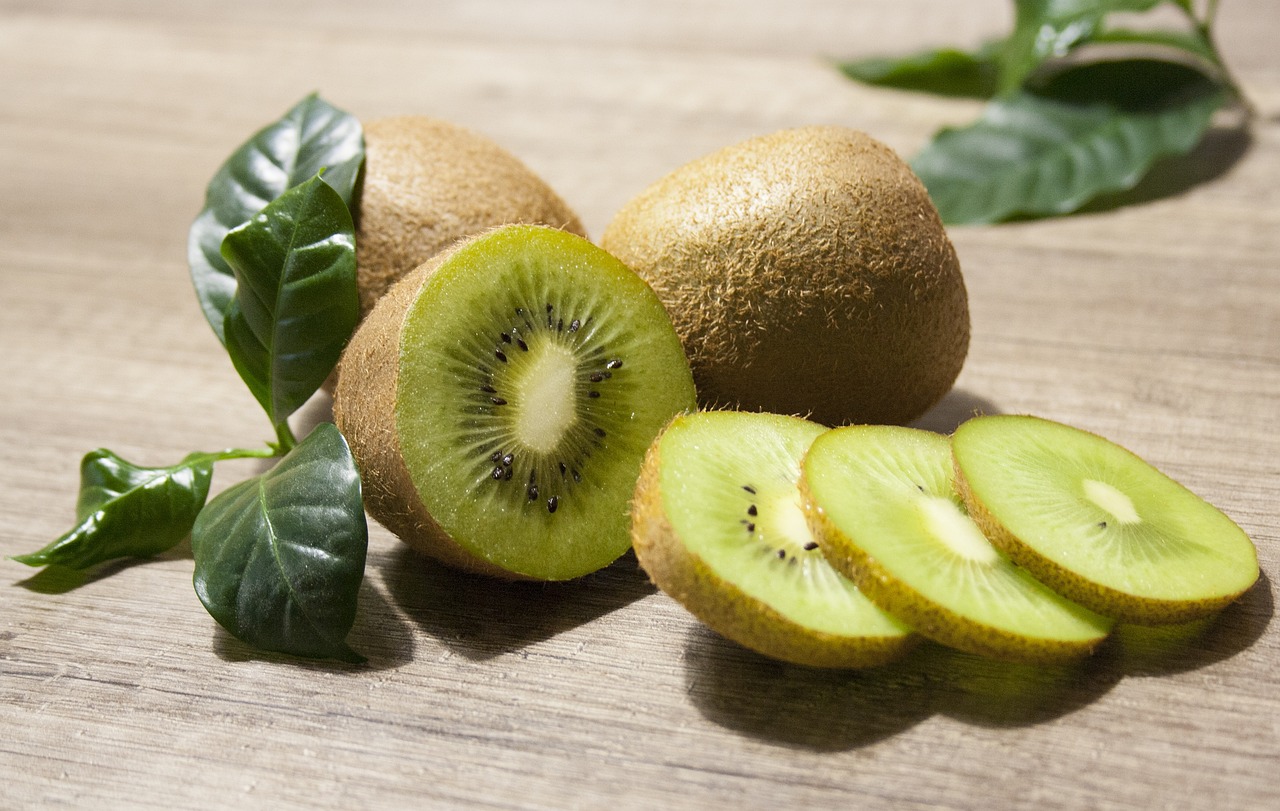
A kiwi a day can cheer us up, a study shows
Less popular than citrus fruits, kiwi fruit can provide a significant amount of vitamin C, one of the food sources of our... mood. Find out what other surprising benefits these fruits have.
When you say fruit, you mean vitamins, minerals, antioxidants and numerous other nutrients essential for health. But there are major differences between them, too kiwiit is distinguished primarily by its vitamin C content, providing up to 92.9 mg/100 g, an intake almost double compared to lemons. This means that a single medium fruit could be enough to provide the recommended daily allowance (ie 80 mg per day). Everyone knows about the antioxidant benefits of this vitamin, but the ascorbic acid found in abundance in kiwi has other less known effects.
Researchers have repeatedly observed that people deficient in vitamin C felt tired or depressed, but their mood seemed to improve after taking a dose. This is explained by the fact that Vitamin C is also necessary for the body to transform tryptophan – the amino acid present in the animal proteins we eat, into serotonin, the brain's major neurotransmitter.
The results of another study showed that vitamin C was able to reduce anxiety levels (compared to a placebo group). What's more, vitamin C works as a neuromodulator, meaning it helps your cells properly use important brain chemicals like dopamine. It seems complicated, but it's so simple: with just one kiwi fruit you can look at life from a different perspective.
If you exercise regularly, you've probably experienced the less-than-pleasant effects of intense physical exertion. Experts say this is partly related to oxidative stress (other risk factors are ingesting pesticides from fruits and vegetables, air pollutants, excess sugar, fat and alcohol consumption), and a study in Japan included 30 male runners who were regularly exposed to this training-induced effect. Half of them were instructed to eat two kiwis a day for two months with no other changes in their diet, while the remaining group ate no kiwis at all. In the end, the researchers found that subjects who ate kiwis reduced the harmful effects of exercise-induced oxidative stress on their bodies.
Kiwi can also be an excellent remedy for digestive problems, another study shows. Specifically, it contains a natural digestive enzyme called Actinidin. This has a positive effect on the intestinal microbiome – kiwi contains prebiotics, which is a precious source of food for intestinal bacteria, whose multiplication and diversification improves the digestive environment in the intestine.
Also, the consumption of kiwi is associated with a high potential in terms of digesting food proteins, also due to the presence of this proteolytic enzyme, also found in pineapple, another fruit recommended for its ability to optimize the digestion of animal proteins.




No Comments